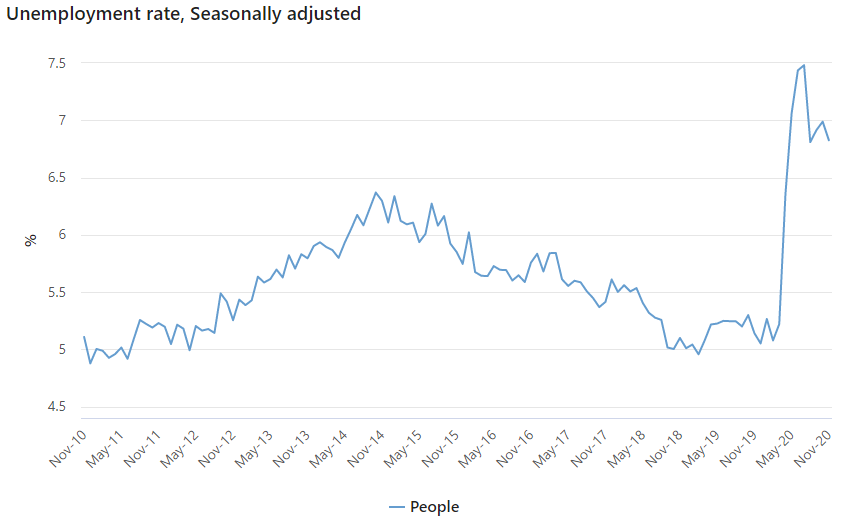The outbreak of coronavirus disease has not only become a public health crisis but has also severely affected global economies. Major victims of the corona virus outbreak are the fragile economies which were moving towards the stability when the health crisis struck. Fragile economies fear that economic fallout due to the pandemic will greatly worsen the country’s recovery process.
Many economies are concerned about the long-term impact of the pandemic as the economies are shrinking, inflation rates are high, unemployment rates are increasing and various sectors of the global economies are in crisis.
Impact on health
The pandemic has led to a substantial loss of human life worldwide and presents a huge challenge to public health, food systems and the world of work. Frontline healthcare workers face a higher risk of infection, physical and mental consequences, and death due to excessive exposure to the virus. After the recovery face of COVID-19, the patients have to suffer the long-term effects. The causation of the long-term effects is that the virus can damage the lungs, brain and heart, which increases the risk of long-term health problems. Due to these health problems people are unable to work and earn to fulfill their basic needs of life, hence, leading to poverty in economies across the globe.
Impact on Employment
The economies saw unemployment climb to the highest rates in many regions globally. United states (US) being a state with the most developed countries faced increased unemployment rate due to the pandemic. In just one month from April to May 2020 the unemployment rate in US raised from 4.5% to over 15.7% and in Australia the unemployment rate raised from 5.5% to over 11.8%, stated by the Australian Bureau of Statistics. The most developed countries (MDC’s) were greatly affected hence, the less developed countries (LDC’s) were even on a worse situation.

The reason why unemployment rose during this pandemic was that many countries went into complete lockdown to combat the spread of the disease, leading to the shutdown of many workplaces. The shutting of the workplaces made employers cut thousands of jobs as the spread of corona virus hit the economy. Several businesses such as entertainment companies, shops, travel and malls had to close due to lockdowns. Many businesses decided that they can’t afford to keep all their employees, therefore, they had to redundant them leading to redundancies level at peak.
Impact on Inflation
Unemployment not being the only problem, pandemic made economic life more expensive in a number of ways. Since the disease hit, people are purchasing more of the necessities, like medicines, masks, sanitizers and groceries forcing their prices up. This persistent and sustained increase in the average price levels of goods and services in economies allowed inflation rate to increase in many regions across the globe.
Conclusion
In conclusion, economies failed to achieve its macroeconomic goals due to high inflation rate and increased unemployment rate. The spread of the disease is expected to continue disrupting economic activities in many countries and negatively impact the manufacturing and services industries; therefore, it is expected that financial markets will continue to be instable.



